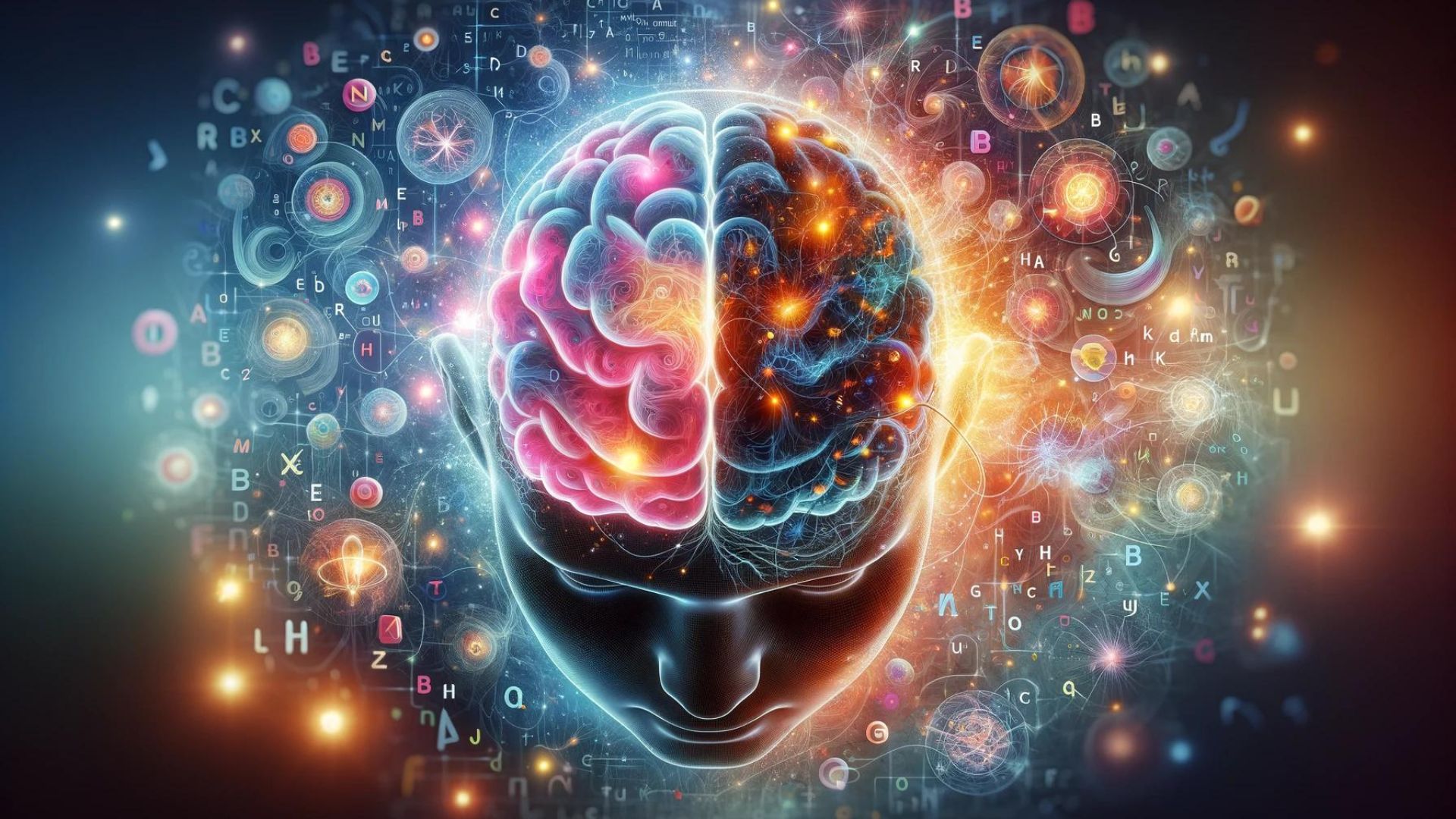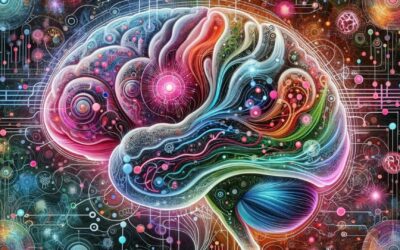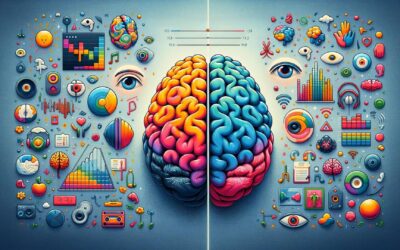Understanding Dyslexia
Imagine words jumbled up on a page, letters dancing before your eyes, and reading feeling like an impossible puzzle. This is a glimpse into the world of someone with dyslexia, a common learning difference that affects the brain’s ability to process language. It’s frustrating, and it’s definitely not a sign of laziness or lack of intelligence.
Dyslexia is often misunderstood. You might think it’s just about seeing letters backward or mixing up sounds. While those can be signs, it goes much deeper – dyslexia is rooted in how the brain is wired. So, let’s go on a journey into your amazing brain and see what’s happening.
Think of your brain as a bustling city where information travels along highways. In brains with dyslexia, some of the highways connecting important language areas are a little less efficient. Imagine these language highways are narrow dirt roads instead of wide superhighways. This means messages about sounds, letters, and words take a little longer to travel or sometimes get a bit scrambled along the way.
This makes it harder to break down words into their individual sounds. Building that connection between sounds and letters is a foundation for reading. Think of it like trying to build a house out of loose bricks without enough cement to stick them together. When those sound-letter connections are unstable, reading becomes a struggle.
It’s important to understand that people with dyslexia often excel in other areas. Their brains might be wired for creativity, amazing problem-solving skills, or seeing the bigger picture. Think of famous people with dyslexia like Albert Einstein, Steven Spielberg, and Leonardo da Vinci – proof that dyslexia doesn’t stand in the way of brilliance.
So how do you know if you or someone you care about might have dyslexia? Look for signs like:
- Difficulty with reading, even after lots of practice
- Mixing up similar-sounding words
- Trouble remembering how to spell common words
- Taking extra time to complete assignments involving reading
If these signs sound familiar, it’s definitely worth investigating further. Getting a diagnosis isn’t just about a label – it’s the key to unlocking the right kind of help. Think of it like getting glasses if you have blurry vision. With the right support and strategies, people with dyslexia can absolutely learn to read and thrive.
Specialized teaching approaches and accommodations can make a world of difference. Imagine those narrow dirt roads in your brain getting widened and paved. Teachers who understand dyslexia can help strengthen pathways and teach the reading skills to help words “click” into place, making reading feel smoother and less frustrating.
Here’s the thing: dyslexia is a lifelong journey, not a problem to be fixed overnight. It’s okay to have tough days and remember, your worth has nothing to do with how easily you read. Focus on your strengths, find what lights you up, and advocate for the support you need. Dyslexia is part of who you are, not the whole story.
Now, get out there and shine! Use those problem-solving skills, think creatively, and don’t be afraid to ask for help when you need it. You have the power to be successful with dyslexia, so embrace your unique brain and go achieve amazing things!
Why Should You Care?
Learning about dyslexia is essential for several reasons:
- Dispelling Misconceptions: By understanding dyslexia as a neurological difference, we counter harmful myths about laziness or low intelligence. This creates more supportive environments for people with dyslexia.
- Early Identification: Understanding the signs of dyslexia helps parents, teachers, and individuals themselves recognize the need for support early on, leading to better outcomes.
- Raising Awareness and Understanding: Understanding how the brain works in dyslexia fosters empathy and shows the importance of specialized teaching methods and accommodations.
- Celebrating Neurodiversity: Dyslexia reminds us that brains are beautifully diverse, and different ways of thinking bring unique strengths to the world.
Key Takeaways
- Dyslexia is a language-based learning difference rooted in the brain’s wiring, not a lack of effort or intelligence.
- It primarily impacts the ability to connect sounds with letters and to break down words, making reading difficult.
- People with dyslexia often excel in other areas like creativity, problem-solving, and big-picture thinking.
- Early diagnosis and the right kind of support are crucial for helping people with dyslexia learn and succeed.
Keywords
- Dyslexia: A specific learning difference that impacts reading and related language-based processing skills.
- Neurological: Relating to the nervous system (including the brain) and its functions.
- Language Processing: How the brain understands and uses spoken and written language.
- Phonological Awareness: The ability to identify and manipulate individual sounds within words.
- Decoding: The process of translating written symbols (letters) into their corresponding sounds to read words.
- Accommodations: Changes to how a task is done or presented to help a student with a learning difference succeed, without watering down the content.
- Specialized Teaching: Targeted instructional approaches designed to address the specific challenges faced by students with dyslexia.
- Neurodiversity: The natural variation in how human brains function, encompassing conditions like dyslexia, autism, and ADHD.
- Stigma: A negative label or stereotype that devalues a person or a group.
- Self-advocacy Speaking up for your own needs and rights to access the support you need.
Frequently Asked Questions
- Can dyslexia be cured? There’s no “cure” for dyslexia, but with the right support, people with dyslexia can absolutely become skilled readers and achieve incredible things.
- Can adults be diagnosed with dyslexia? Yes! Dyslexia is lifelong, and it’s never too late to get a diagnosis and find support that makes a difference.
- Is dyslexia more common in boys than girls? Dyslexia used to be thought more common in boys, but now we understand that girls’ symptoms were often missed. It’s likely equally common in all genders.
Myth Buster
- Myth: Dyslexia makes people see letters backward.
- Reality: While some people with dyslexia may occasionally mix up letters, it’s not the main issue. The core difficulty lies in connecting sounds within words with their written symbols.
Let’s Talk
- If you or someone you know has dyslexia, what has been most helpful in learning to read?
- How can we make classrooms more supportive for students with dyslexia?
- Can you share an example of a time where someone with dyslexia’s unique thinking style solved a problem in a creative way?
Let’s continue this conversation in the comments below!










0 Comments